Welcome, dear listeners, to another week of self-discovery and growth. Today, we’re delving into a topic that often gets overshadowed in our fast-paced lives – the art of retreating.
Before we delve deeper into this topic, let’s clarify what retreat truly means. To retreat is to withdraw to a quiet and secluded place for rest, relaxation, prayer, and meditation, while resting is to cease work or movement in order to relax, refresh oneself, or recover strength.
The Need for Retreat
Our modern world often feels like it’s constantly in overdrive. We’re perpetually striving to achieve more, and the relentless pace can make it seem impossible to pause, let alone give ourselves the gift of rest and rejuvenation. Health issues, stress, and burnout are on the rise, highlighting the importance of retreats.
Retreats give our bodies the opportunity to release tension and rejuvenate. When we retreat, we experience that deep sigh of relief, signaling the beginning of true relaxation and cellular healing. This is precisely what our bodies need in today’s fast-paced culture.
Recognizing Overdrive in Our Lives
Overdrive often surfaces in sessions with clients. Burnout, stemming from various sources like caregiving, work-related stress, or poor boundaries, is a common issue. Anxiety and depression also crop up, often as a result of prolonged periods of overwhelm. Sleep troubles and a lack of direction in life can be traced back to the absence of rest and reflection.
Interestingly, many people only recognize the need to rest when illness forces them to. We want to shift this perspective and encourage proactive retreats before life forces us to take a break.
Balancing Rest Across Dimensions
Let’s explore how we can incorporate rest and retreat into different dimensions of our lives.
-
Emotional Rest: Emotional rest involves recognizing when we need to delve deep into our emotions and when to take a break from intense feelings. Balancing this emotional cycle is essential for well-being.
-
Intellectual Rest: Intellectual rest entails knowing when to absorb information and when to step back and allow your mind to rest. Even during active learning phases, taking short breaks can be immensely helpful.
-
Physical Rest: Physical rest encompasses more than sleep. It includes restful eating patterns like intermittent fasting and incorporating regular breaks during your workday. Understanding your body’s cues is crucial.
-
Spiritual Rest: Spiritual rest includes seeking moments of communion with your sense of spirituality, whether it’s through worship, meditation, or simply letting life unfold without resistance.
-
Relational Rest: In relationships, recognizing when you need to be around people and when you need solitude is vital. Maintaining this balance fosters healthier connections.
-
Financial Rest: Financial rest involves understanding your financial cycles and knowing when it’s time to save, reflect, or let life’s financial ups and downs unfold naturally.
Holistic Balancing
Balancing rest across these dimensions might seem challenging at first, but it’s an essential practice. Just as nature follows cycles, so should we. Recognize the natural ebb and flow in your life and give yourself permission to rest when needed.
Practical Steps to Implement Rest
If you’re wondering how to start incorporating rest and retreat into your life, here are some practical steps:
-
Daily Rest: Begin by taking short breaks from technology, creating moments of stillness, and setting up calming bedtime routines.
-
Weekly Rest: Dedicate at least an hour or more each week to retreat and rest, even if it means seeking solitude for a brief period.
-
Monthly Rest: Plan monthly getaways or activities that provide both relaxation and rejuvenation.
-
Annual Retreats: Consider taking longer vacations or retreats to completely disconnect and reset your body and mind.
Nature’s Wisdom
Nature offers us valuable lessons about the power of retreat. Examples like butterflies, bears, and octopuses show us how retreat leads to transformation and healing. By embracing rest, we, too, can experience profound changes and realign with our inner radiance.
Remember to listen to your body and recognize the value of these practices. The simple act of pausing, retreating, and embracing rest can have a profound impact on your physical, emotional, and spiritual well-being. So, take a deep breath today, and begin your journey toward inner radiance through retreat and rest.
Ready to explore the transformative power of retreat and rediscover your inner radiance? Stay tuned for our upcoming retreat details, where you’ll have the opportunity to experience profound rest and rejuvenation. Don’t miss it!
Resources mentioned in this podcast:
- Inner RAE Coaching Curriculum – Considering All Dimensions
- Default Mode Network
- My Octopus Teacher
- Richard Rudd – Art of Contemplation Book

